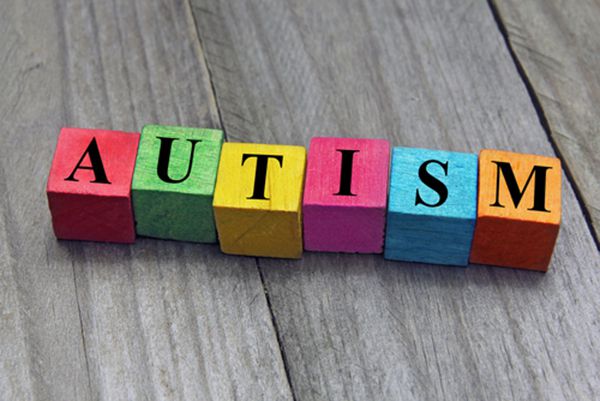
Autism, a complex neurodevelopmental disorder, affects individuals in various ways, requiring specialized care and support. The In-Home Supportive Services (IHSS) program in California aims to assist individuals with disabilities, including those on the autism spectrum, to live more independently. However, the number of hours IHSS allows for autism care can vary depending on several factors. In this blog post, we will delve into how IHSS works for children with autism, the factors influencing the allotted hours, and tips for optimizing the support provided.
In-Home Supportive Services (IHSS) is a state-administered program that provides assistance to eligible individuals with disabilities, including those with autism, enabling them to live safely and independently in their homes and communities. The program offers a range of services, such as personal care, domestic tasks, and related support to help individuals with disabilities lead fulfilling lives while remaining in their preferred environment.
The number of hours IHSS allows for autism care is determined through a careful assessment process. It is essential to understand that IHSS does not provide a set number of hours specifically for autism; instead, it assesses an individual's functional limitations and care needs. Here's how the process typically works:
While IHSS provides valuable support, families and caregivers can take steps to optimize the care and assistance provided to individuals with autism:
IHSS can be a valuable resource for individuals with autism, offering them the support needed to live independently and improve their quality of life. The number of hours allocated under IHSS for autism care depends on an individual's specific needs, assessed through a comprehensive process. To make the most of this support, clear communication, documentation, advocacy, and exploration of additional resources are key. By working in collaboration with the IHSS program and other service providers, families and caregivers can provide individuals with autism the best possible care and assistance.
Need help? In California, the In-Home Supportive Services (IHSS) program provides crucial financial help for families raising children with special needs. American Advocacy Group is on the front lines every day, making positive change happen for people diagnosed with autism, Down syndrome, and a range of diagnoses across the continuum. As a leading advocate for all people with intellectual and developmental disabilities and their families, and the premier provider of the support and services people want and need, we understand the system and know how to take action regarding your best interests.
CONTACT US FOR HELP. Dial (877) 762-0702 or email us at [email protected].